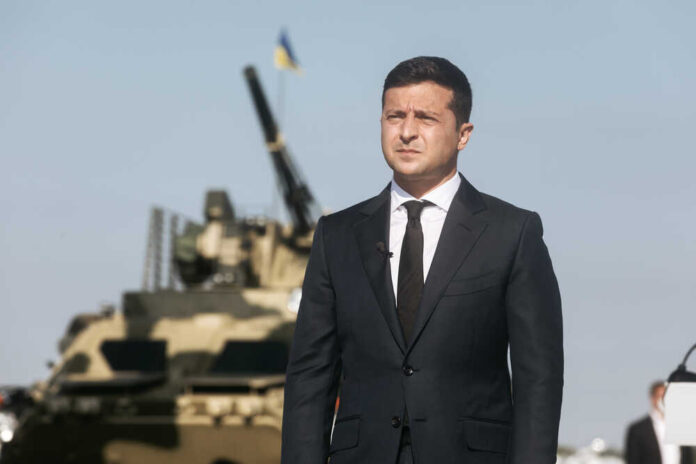Ukrainian President Volodymyr Zelensky on February 8 replaced military chief Gen. Valery Zaluzhny with Oleksandr Syrsky, who commanded Ukraine’s ground forces since Russia invaded Ukraine two years ago, in a move unpopular with the country’s troops, the Washington Post reported.
President Zelensky informed Gen. Zaluzhny in late January that he was being replaced but delayed the formal order and the announcement of a successor, even after promoting Syrsky.
In formally replacing Zaluzhny, the president did not offer a reason for his departure except to say that the change was necessary.
For the last two years, Syrsky served as the military’s de facto second-in-command.
Under his command, the 58-year-old Syrsky led the defense of Kyiv in the early weeks of the invasion and in the fall of 2022, orchestrated the successful counteroffensive to retake Kharkiv.
In a statement announcing Syrsky’s appointment, Zelensky cited his successes in Kyiv and Kharkiv and said Ukraine’s success this year could only come through “effective changes” in its armed forces.
Zelensky’s decision to elevate Syrsky as the military’s commander-in-chief is not expected to go over well among rank-and-file troops in the field where he is deeply disliked and viewed as a Soviet-style commander.
Syrsky, whom some soldiers refer to as the “butcher,” came under harsh criticism for keeping forces in Bakhmut for too long before the city fell to the Russians. As a result, thousands of Ukrainian troops were killed and even more wounded during the defense of a city viewed as having little value strategically.
By comparison, Gen. Zaluzhny was widely loved both by Ukrainian troops and civilians. One soldier told the Washington Post that Zelensky’s decision to replace Zaluzhny would likely discourage Ukrainians from enlisting to fight in the war.
President Zelensky said he had asked Gen. Zaluzhny to remain a part of the government, however, it was not clear in what role. According to sources, Zaluzhny declined an offer to serve as the country’s ambassador to the UK since it was a civilian post and the general could not resign his commission while the country was under martial law.














